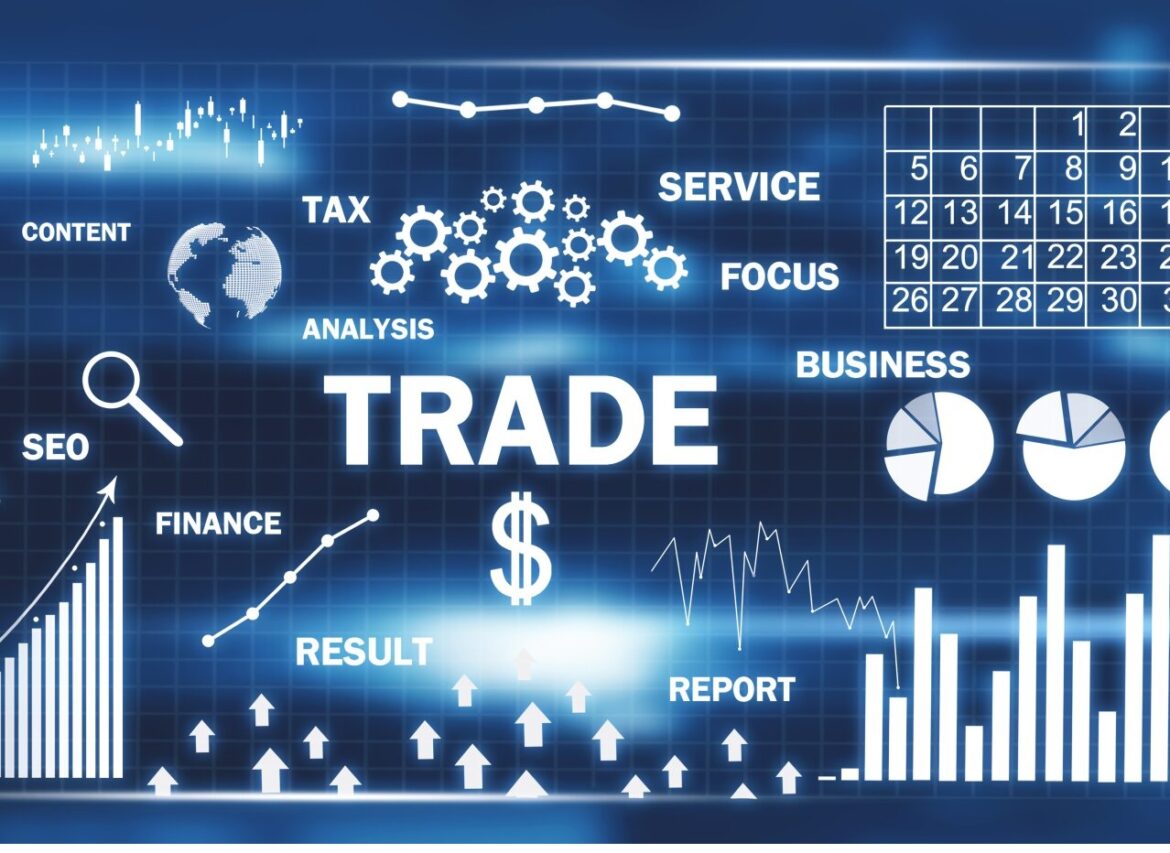For many entrepreneurs and SMEs interested in import and export trade, their dreams are quickly shattered as they face complexity, barriers and rejection from traditional banks. In fact, up to 40% of trade finance applications globally, in emerging and frontier markets, are rejected.
Why Trade Finance is Important
In the global market place, trade finance is the “great equalizer”. It can help smaller participants with low volume and value to enjoy a more competitive environment , creating equal opportunities and possibilities of risk reduced trade. Thus, if you have any intention of reaching beyond your domestic market, here are some important things you should know about trade finance.
It Reduces Risk
Instruments like letters of credit and bank guarantees can help to significantly reduce risk for one or both parties to an international trade deal. A letter of credit, for example, is commonly considered the gold standard of trade finance instruments as it provides equal protection for both export and import businesses. It will guarantee payment to the exporter, provided they fulfil all the terms and conditions set out in the letter of credit by the importer, following consultation and agreement with the exporter.
Improved Your Access to Capital
Trade instruments, such as a letter of credit or a bank guarantee, may be used to obtain temporary working capital facilities from banks, sometimes referred to as packing credit. These instruments will add credibility to your application, while also sometimes being able to act as security in their own right, depending on your business’s creditworthiness. More importantly, trade finance provides for facilities such as factoring, where the invoices for your orders can be sold at a marginal discount to a trade finance provider. This will provide you with cashflow and faster turnaround of your capital, leaving the trade finance provider to receive the payment from the importer when it becomes due.
Effective Competition
Many large clients will be offered preferential terms, that smaller players will struggle to match. However, by obtaining suitable and appropriate trade finance products and services, with associated flexible terms for collateral and payment, it is possible for smaller SMEs to effectively compete with large export and import businesses. For example, by using factoring, which may also be referred to as supply chain financing, a small business could potentially provide customers with the credit payment terms they may ask for, and which big players provide, without being disadvantaged through having their limited capital tied up for extended periods.
Alternate Trade Finance Providers
For SMEs who find it difficult to obtain facilities from a traditional bank, alternate trade finance providers exist, such as Euro Exim Bank. We are a reputed international bank specialized in trade finance and focused on catering to the needs of SME import and export businesses in emerging markets. Through a range of trade finance products and services, including digital trade finance and international trade settlement powered by blockchain, we are helping vulnerable SMEs meet their goals and realize their ambitions. If you are seeking to grow your business, speak to us today about our cost-effective, innovative trade solutions.

